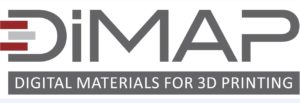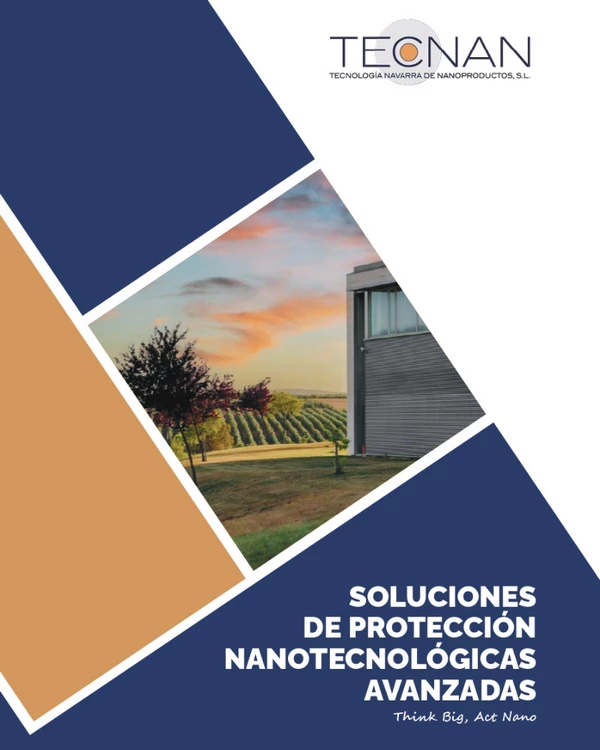The DIMAP project has successfully achieved the development of several types of inks, such as ceramic inks, thermal conductive, lightweight or high-strength polymers, and has also achieved the adaptation of the PolyJet technology to use these inks. TECNAN’s work has been focused on the development and manufacture of ceramic nanoparticles that have allowed the development of a ceramic ink that allows improving the mechanical properties of final products and which is offering very promising results.
Currently, the project is carrying out the pilot production of the developed inks and printing processes to complete the demonstrators. These results will be shown to the European Commission next October in Brussels. The DIMAP project, funded by the European Commission in the Horizon 2020 Programme with € 4,997,351.25 and contract number U-H2020-NMP-PILOTS-2015-GA-685937, started in October 2015 and has been focused on the development of new printing materials for PolyJet technology, which have been used in two different fields of application such as the production of robotic arms and the production of customized luminaires.
The project consortium is composed by the following partners: Profactor (Austria), who acts as coordinator, Stratasys (Israel),Karlsruhe Institute of Technology (Germany), Borealis Polyolefine Gmbh (Austria), Tiger Coatings (Austria), Festo (Germany), Johannes Kepler Universität Linz (Austria), Soreq Nuclear Research Center (Israel), CIRP GmbH (Germany), PV Nano Cell Ltd (Israel), Tecnología Navarra de nanoproductos S.L. (Spain) and Philips Lighting B.V. (Netherlands).





